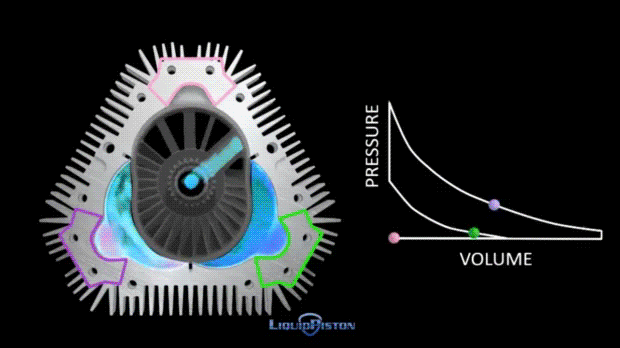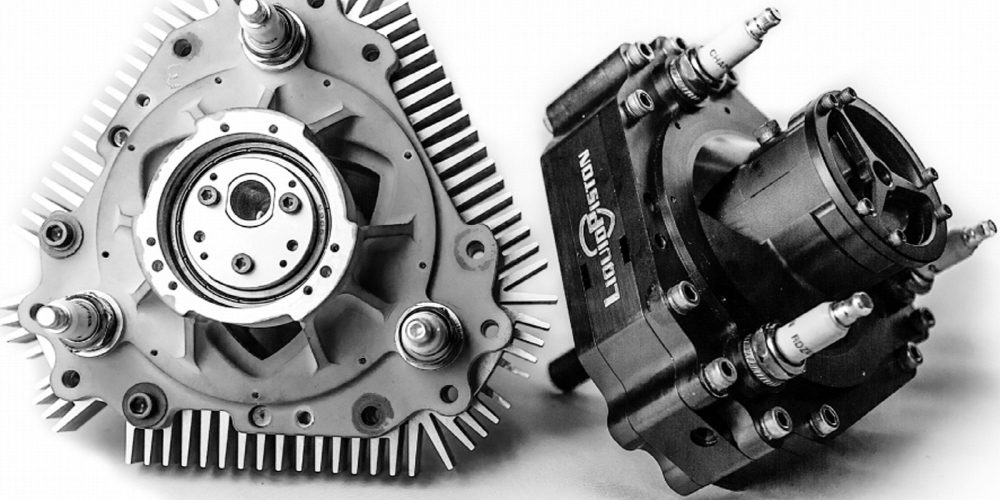
LiquidPiston, a developer of small rotary engines, has signed an innovative research program contract to develop small portable generators for the U.S. Army.
A rotary engine is an internal combustion engine in which a triangular rotor, invented by German engineer Felix Wankel, rotates in a hollow case in the shape of a peanut shell. It is also called the Vankel Engine after its inventor.
The characteristic of a rotary engine is that it can be light-weight and downsized because of its simple structure, and it has less vibration even when the number of revolutions is raised than that of a general reciprocating engine, and because the number of combustion per one revolution of the output shaft is doubled, it is possible to obtain high output even with a small displacement.

Meanwhile, weaknesses as an automobile engine are also pointed out, such as low combustion stability, low thermal efficiency, thin torque and loss of fuel economy at lower rotations than reciprocating engines. In addition, it requires more attention than the reciprocating engine that the sliding surface painting and lubrication oil consumption are severe.
However, the rotary engine developed by Liquid Piston combines the high compression ratio of diesel engines and direct injection, the Otto cycle engine, combustion process, and the high expansion ratio of the Atkinson cycle engine to improve lubrication, which is a weakness of the rotary engine, and has tremendous power over size. It is explained that it can produce high efficiency and high efficiency.
In addition, it is said that high compression drive is possible only by adjusting the size of the round fixed combustion chamber installed in the housing, and combustion is possible with a diesel engine that directly injects fuel into the field, which was not possible with a general rotary engine. The Apex seal, which will be the weakness of rotary engines, claims that the liquid engine is on the housing side, so it is easy to fix and can supply lubricant directly from within the housing, thereby solving major problems such as old rotary combustion and lubrication.
Liquid Piston is already responding to U.S. Army demand, including building a small power generation facility for the M777 howitzer digital fire control system used by the U.S. military. It is about 20% smaller than the existing power generation facilities, making it about a gaming PC. Accordingly, the development of a 2-5kW small tactical generator was signed as a small business innovation research program SBIR contract.
This product is a rotary engine due to a change in the internal structure, but durability may be questioned. The company hasn’t given a specific answer yet, but says it has developed a prototype focused on demonstrating the technical benefits for demonstration, and that it will perform durability verification after 2021. Therefore, we plan to build about 10 of these engines and invest time and resources for durability tests. In addition, Liquid Piston signed an SBIR contract to develop a hybrid engine for UAV in September. Related information can be found here .


















Add comment